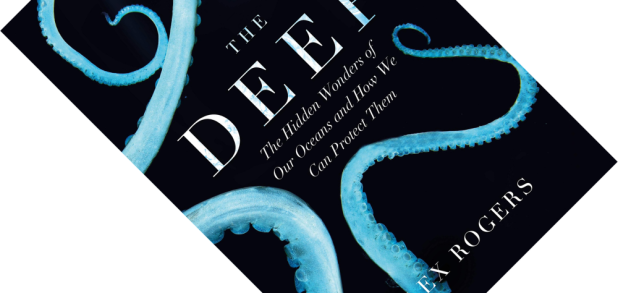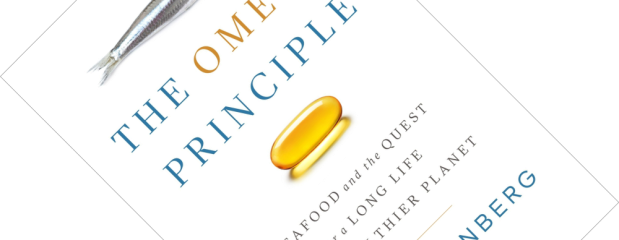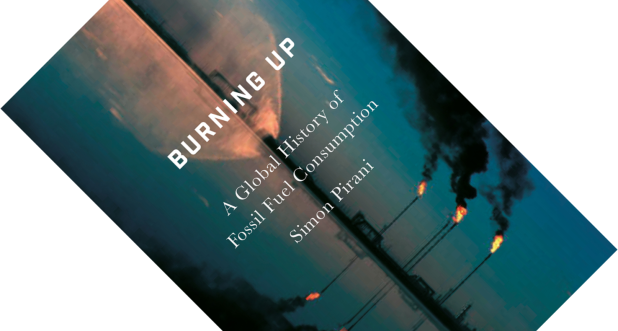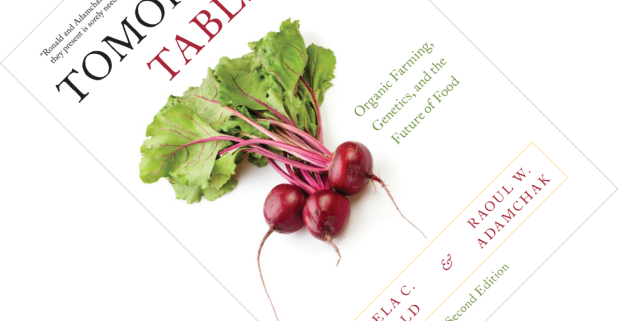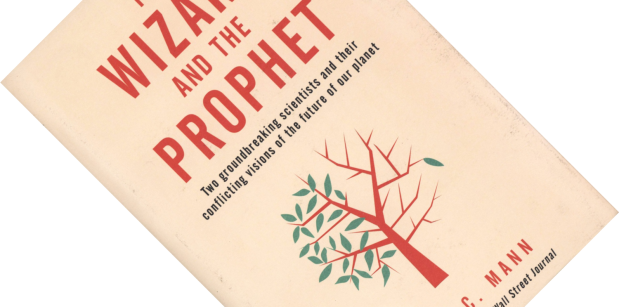What does the deep ocean make you think of? An alien world right on our doorstep? The cradle of life? A global garbage dump? The lungs of the planet? Or the world’s most abused ecosystem? If I am to believe marine biologist Alex Rogers, the deep ocean is all of the above, and so much more. With three decades of research experience and scientific consultancy credits for the BBC series Blue Planet II under his belt, he knows what he is talking about and he knows how to talk about it. The Deep is an intensely captivating and urgent book that swings between wonder and horror.
artificial fertiliser
Book review – The Omega Principle: Seafood and the Quest for a Long Life and a Healthier Planet
American author Paul Greenberg has written two previous books about (eating) fish (American Catch: The Fight for Our Local Seafood and Four Fish: A Journey from the Ocean to Your Plate), so he is no stranger to the rather, errr, fishy topic of omega-3 fatty acid supplements. His new book, The Omega Principle, is much more than just a critique of the supplement industry though. This engagingly written reportage digs far deeper, asking where this oil comes from, and reports on that vast segment of the global fishing industry known as the reduction industry, and a food system out of whack with our needs.
Book review – Burning Up: A Global History of Fossil Fuel Consumption
Fossils fuels have powered civilization since the Industrial Revolution, and their consumption has exploded in the last few decades. But for all the prosperity that coal, gas, and oil have brought, there are many downsides, not least amongst these climate change. So how did we get here? Usual explanations point at individual consumption and population growth, and I would be quick to agree. With Burning Up, Simon Pirani, a visiting research fellow at the Oxford Institute for Energy Studies, basically says “not so quick, things are not that simple” and provides a deeply researched history of fossil fuel consumption.
Book review – Tomorrow’s Table: Organic Farming, Genetics, and the Future of Food (Second Edition)
Aaah, GMOs. Was there ever a topic comparable to genetically modified organisms that riled people on either side of the debate this much? Written by an organic farmer and plant geneticist, Tomorrow’s Table is a marvellous work that walks the middle road, asking: Why should we not combine the best that organic farming and genetic engineering have to offer? Along the way, it exposes the often illogical, contradictory and, frankly, infuriating attitudes and opinions of the anti-GMO movement, politely smothering them with facts, while also teaching the technology cheerleaders a lesson or two. I love this book.
Book review – The Wizard and the Prophet: Two Remarkable Scientists and Their Conflicting Visions of the Future of Our Planet
If I asked you to propose solutions to some of the world’s problems and future challenges, things such as overpopulation, food production, hunger, soil erosion, resource depletion, energy production etc., what ideas would you put forth? Most likely, your proposals would build on the intellectual legacy of two men you have never heard of. Allow American journalist and writer Charles C. Mann to introduce you to ecologist William Vogt, father of the environmental movement, and Nobel-Peace-Prize-winning plant breeder Norman Borlaug, instigator of the agricultural Green Revolution.

